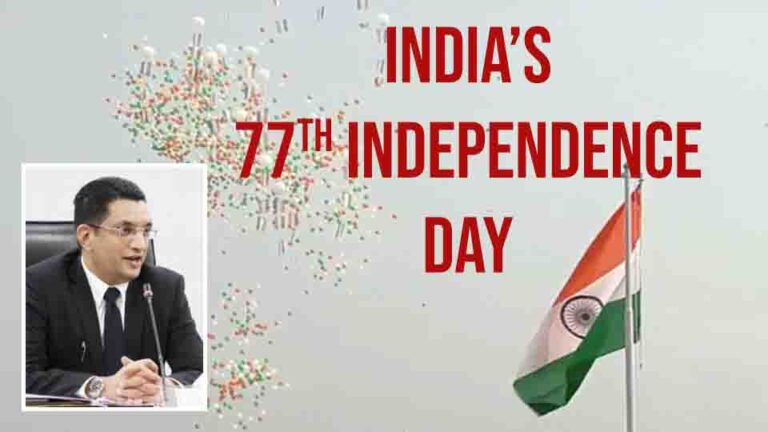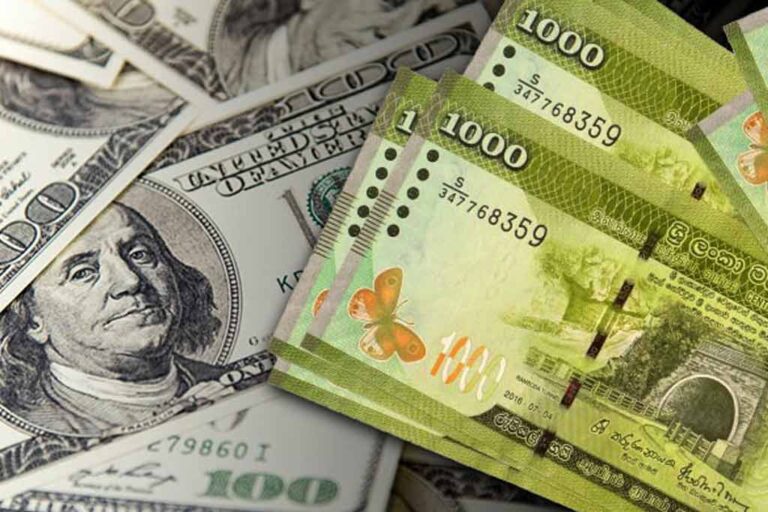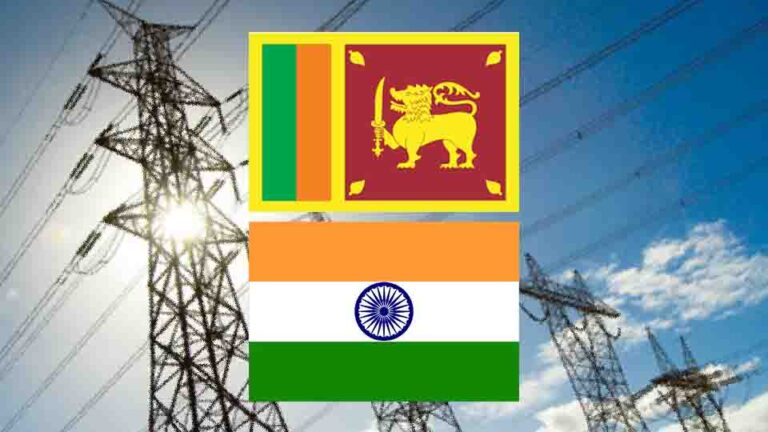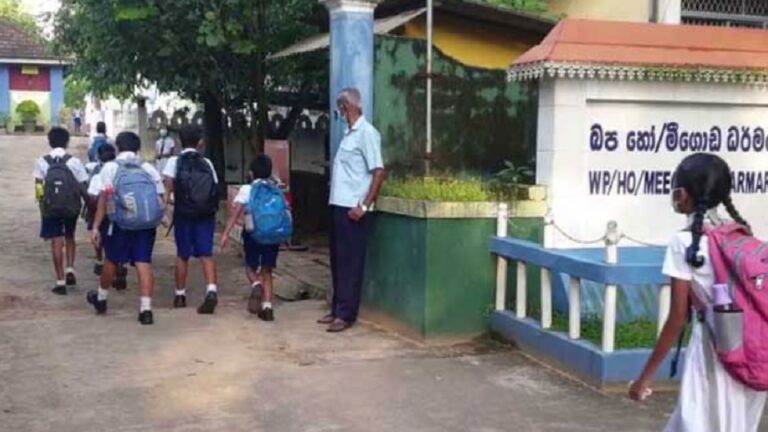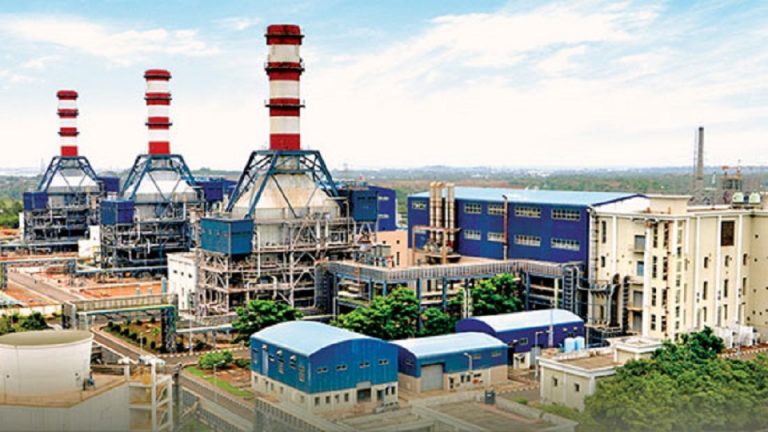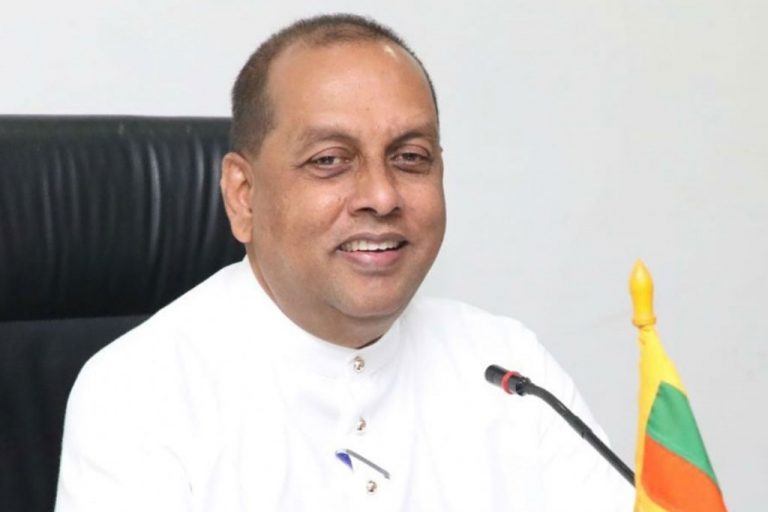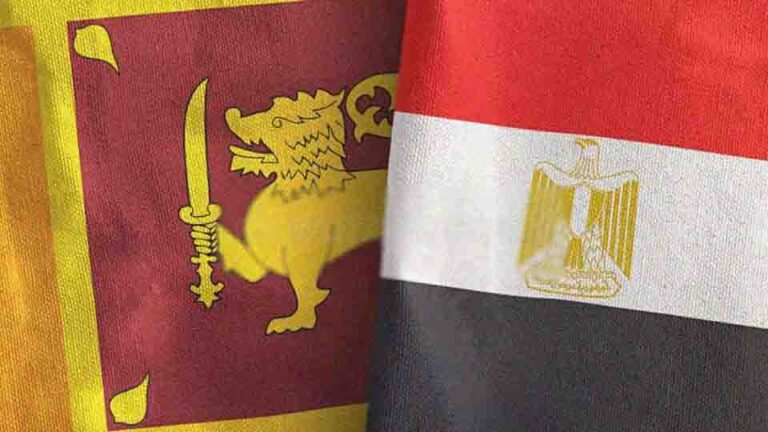ANI: Wishing India on its 77th Independence Day, Sri Lanka’s Foreign Minister Ali Sabry on Tuesday said, he is confident that bilateral ties will be “further strengthened” between the two nations.
“Warm Greetings, Foreign Minister @DrSJaishankar and the Government &
people of #India on the occasion of your Independence Day. I am confident that in the years ahead our bilateral ties will be further strengthened between our two nations India and Sri Lanka,” Sabry wrote on Twitter.
Nepal’s Foreign Minister Narayan Prakash Saud also extended the wishes on the occasion.
“As India celebrates its 77th Independence Day, I would like to convey warm greetings and felicitations to H.E. @DrSJaishankar, External Affairs Minister of India. Wish Happy Independence Day to the people and Government of India!” he said.
The United States Ambassador to India, Eric Garcetti, attended the Independence Day celebration at the Red Fort here today and extended his greetings.
He also said that it is an “honour” to be present at the “iconic Red Fort.”
Earlier, US Secretary of State Antony Blinken also extended his
wishes on India’s 77th Independence Day.
“On behalf of the United States of America, we send our warmest wishes to
the people of India as they commemorate 76 years of independence this August 15. On this momentous day, we reflect on the depth and breadth of our strategic partnership, and we celebrate the proud history of the Indian people, who are the key to the bright future we are building together,” Antony Blinken said in a
statement.
Blinken noted that the relationship between India and US has grown “deeper” and it has become “more expansive than ever.”
Calling India a “fastest-growing major economy,” Singapore High Commissioner Simon Wong also wished the countrymen on the 77th Independence Day.
“Happy 77th #IndependenceDay to our dearest friends! Frm ’s largest
democracy, to fastest growing major econ, tech epicentre & more – has
much to celebrate & aspire towards. is proud to be steadfast partner & look
fwd to scaling greater heights tgt!,” Wong said on Twitter.
Earlier, Prime Minister Narendra Modi hoisted the tricolour at Red Fort in
the national capital and addressed the nation. He highlighted the
country’s development and said that decisions and the work done by the
country today will impact its future for the coming 1000 years.
Source: ANI


